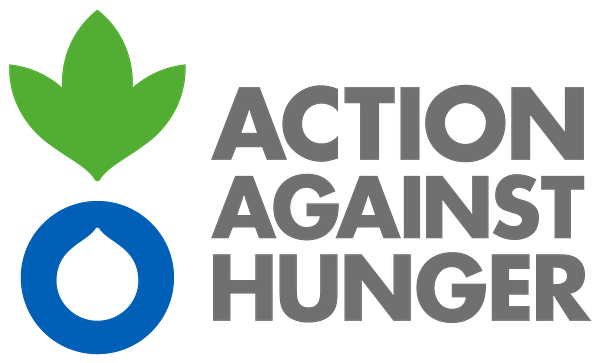Press release -
ALMOST 11 MILLION PEOPLE TO FACE HUNGER CRISIS IN THE SAHEL IN 2019
London, April 30, 2019: Even in a year with a ‘relatively good’ rainfall, close to four million people, particularly children under the age of five, will still be at risk of severe hunger between June and September 2019, as the gap between good harvests widens.
"Although the number of children dying of hunger in the region this year is ten per cent less than in 2018, hunger-related fatalities are still unacceptable because this is an entirely predictable and anticipated phenomenon. Since October 2018 we have provided the international community with rainfall data and satellite maps of biomass that, through our early warning systems, pin point where and when there is likely to be food shortages or skyrocketing market prices", explains Lucía Prieto, regional head of Action Against Hunger in Mali and Niger.
"The most affected regions this year will be northern Senegal and southern Mauritania, where farmers have not yet recovered from the 2018 drought, pasture levels are critical, and the nomadic movements of the pastoral population could result in enormous pressure on other areas,” says Álvaro Pascual, programme manager of Action Against Hunger in Mauritania and Senegal.
"The international community needs to radically change its approach to deal with this preventable crisis. We must react long before the situation becomes an emergency and we see exhausted and malnourished children arriving at nutrition centres. There is a need to estabnlish a strong link between emergency nutrition and development programmes that can save lives but also generate resilience through prevention and early recovery,” explains Menna Abraha, Action Against Hunger’s regional head of advocacy.
“It is crucial to react before the hunger season degenerates into a food crisis,” he continues.“Last year the funds came far too late, well after the critical hunger season had begun.”
However, even when funding was allocated, the countries of the Sahel could barely cover half of the severe humanitarian needs across the región.
In addition to funding shortfalls, the scourge of climate change and drought in 2005, 2008, 2012 and 2018, has left the fragile region with barely enough time to recover from one crisis to the next.
Increasingly widespread conflict and displacement due to the proliferation of armed groups and inter-community violence, coupled with the subsequent rising pressure on scarce natural resources, also adds to the instability of the region.
"It's not just about Boko Haram on Lake Chad. In Mali, nomadic pastoralists are seeing their movements increasingly impeded by growing insecurity in the north and center of the country. Likewise, on the border between Mauritania and Senegal, tensions between agricultural and pastoral communities is growing,” explains Prieto.
"The presence of the armed groups and resulting security measures is also making it increasingly difficult for humanitarian organisations to reach communities in conflict zones.”
Topics
- Conflicts
- Action Against Hunger is working with governments in the Sahel region, and international donors, to implement contingency measures to help mitigate the impact of the hunger season. We are also campaigning for better nutritional assistance for the most vulnerable.
- Action Against Hunger is a global humanitarian organisation that takes decisive action against the causes and effects of hunger. We save the lives of malnourished children and work with their communities before and after disaster strikes. We ensure that everyone can access clean water, food, training and healthcare. We enable people to provide for themselves and we constantly search for more effective solutions, while sharing our knowledge and expertise with the world. We push for long-term change. We will never give up. Until the world is free from hunger.
- In 2017, Action Against Hunger helped more than 20.2 million people in nearly 50 countries around the world.
- www.actionagainsthunger.org.uk
- Follow us @acf_uknews
